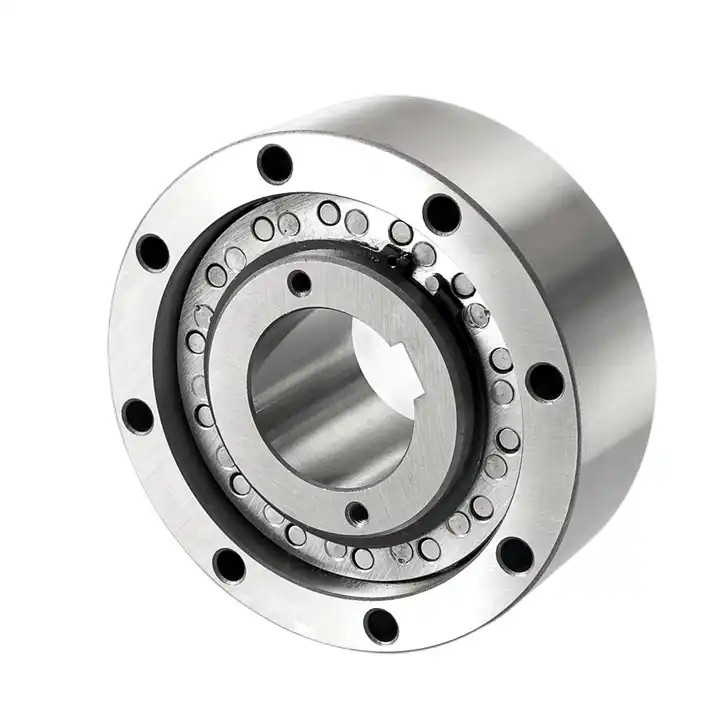Aug . 15, 2024 04:14 Back to list
Leading Manufacturers of Silicon Carbide Bearings for High-Performance Applications in Various Industries
The Rise of Silicon Carbide Bearings Manufacturers
Silicon carbide (SiC) is a semiconductor material that has gained significant attention in various industries due to its remarkable properties, especially in the manufacturing of bearings. The demand for silicon carbide bearings is rising, driven by the need for enhanced efficiency, durability, and thermal management in a wide range of applications, including aerospace, automotive, and industrial machinery. This article explores the role of silicon carbide bearings manufacturers, the advantages of using SiC bearings, and the future of this technology.
Advantages of Silicon Carbide Bearings
Silicon carbide bearings offer several distinctive advantages over traditional bearing materials such as steel or ceramic. One of the most significant benefits is their exceptional hardness. Silicon carbide is one of the hardest materials available, which means that bearings made from this substance can withstand higher loads and resist wear over time. This property makes SiC bearings particularly suited for high-performance applications where durability is crucial.
Thermal stability is another critical advantage of silicon carbide bearings. SiC can operate effectively at elevated temperatures, often exceeding 1200 degrees Celsius without degradation in performance. This characteristic is especially beneficial in industries that involve extreme conditions, such as aerospace and automotive applications. The ability to maintain functionality under high thermal stress translates into improved reliability and extended service life.
Additionally, silicon carbide is resistant to corrosion and chemical attack, which makes it an ideal choice for harsh environments. In industries like pharmaceuticals or food processing, where cleanliness and resistance to contaminants are paramount, the use of silicon carbide bearings can enhance product integrity and reduce maintenance costs.
The Role of Manufacturers
silicon carbide bearings manufacturers

The manufacturing landscape for silicon carbide bearings is evolving rapidly, with several companies specializing in this niche market
. Manufacturers are leveraging advanced materials science and engineering techniques to produce high-quality SiC components that meet specific industrial needs.These manufacturers invest in research and development to innovate and refine their production processes. Advanced technologies such as additive manufacturing and precision machining are employed to ensure that the bearings are not only effective but also cost-efficient. Quality control plays a pivotal role in the production process, as these manufacturers must ensure that every silicon carbide bearing meets stringent performance criteria and industry standards.
Collaboration with other industries is also vital for silicon carbide bearings manufacturers. By working closely with end-users, these companies can develop customized solutions that address unique challenges and requirements. This collaboration often leads to the creation of specially designed SiC bearings that cater to specific applications, enhancing performance and efficiency.
The Future of Silicon Carbide Bearings
As industries increasingly seek solutions that offer superior performance and sustainability, silicon carbide bearings are poised for significant growth. The ongoing advancements in SiC technology will likely lead to further improvements in bearing performance, such as increased load capacity and enhanced wear resistance.
Moreover, the push towards electric vehicles (EVs) is expected to accelerate demand for silicon carbide bearings. Electric motors, which are integral to EVs, require bearings that can withstand high speeds and thermal stresses. Silicon carbide's properties make it an ideal choice for this application.
In conclusion, silicon carbide bearings manufacturers are at the forefront of a transformative shift in bearing technology. With their unique advantages, including exceptional hardness, thermal stability, and chemical resistance, silicon carbide bearings are becoming indispensable in various industries. As technology continues to evolve, the role of manufacturers in developing these advanced materials will be crucial to meeting the growing demands of modern engineering and manufacturing applications.
Latest news
-
25MM 2 BOLT UCFLX05-14 Flange bearing unit( oval)
NewsMar.07,2025
-
4 bolt UCF 200 series Pillow block bearings
NewsMar.07,2025
-
25MM 2 BOLT UCFLX05-14 Flange bearing unit( oval)
NewsMar.07,2025
-
UCF216-50 4-Bolt Flange Housing Square Bearing
NewsMar.07,2025
-
25MM 2 BOLT UCFLX05-14 Flange bearing unit( oval)
NewsMar.07,2025
-
spherical roller bearing material exporter
NewsMar.07,2025





